The Council is a new twist on the old classic storytelling video game that is available on PC, Xbox One AND PS4. It’s a murder mystery, meets choose your own adventure, meets the old school point and click adventure. This is all mixed together with unique character trait leveling that has lasting effects on gameplay. How’s that for a new type of video game? Let’s dive into this The Council game review.
What is The Council Game About?
The year is 1793. You are Louis de Richet, an alluring, sharp-tongued young man who just so happens to be part of a mysterious secret society. We start the game tied up with our mother and have to go through a series of choices and questions to get out of the situation. At the start of the game, It is a similar play style to any TellTale – multi-choice game you might have played. Once your choices are made, you then need to do character creation like many Role Playing Game or Dungeons and Dragon games you might have played. You could pick detective to be more observant and manipulative, but miss out on lock picking and political history knowledge for example. Choose wisely as your decisions will impact all of the next scenes and ongoing choices you will have to make.
The scene quickly shifts to a mysterious private island off the shores of England, owned by an even more mysterious Lord Mortimer. Our mother has gone missing. We then enter into a twisting and complex story meeting a crazy cast of characters from George Washington to Napoleon Bonaparte. You also now get to walk around and interact with various objects in a familiar “point and click” style. There will be a mix of these “walking around” periods and the cut-scenes “choose your paths” periods for the rest of the game. There is also a mode called “Confrontations”, where you only have a few seconds to figure out a person’s vulnerabilities and choose the right line of questioning responses to get more information. They throw in some regenerating ability points items and some books that increase your stats. It sounds kind of complicated, but it is actually pretty straightforward once you start playing.
Flaws with The Council Game
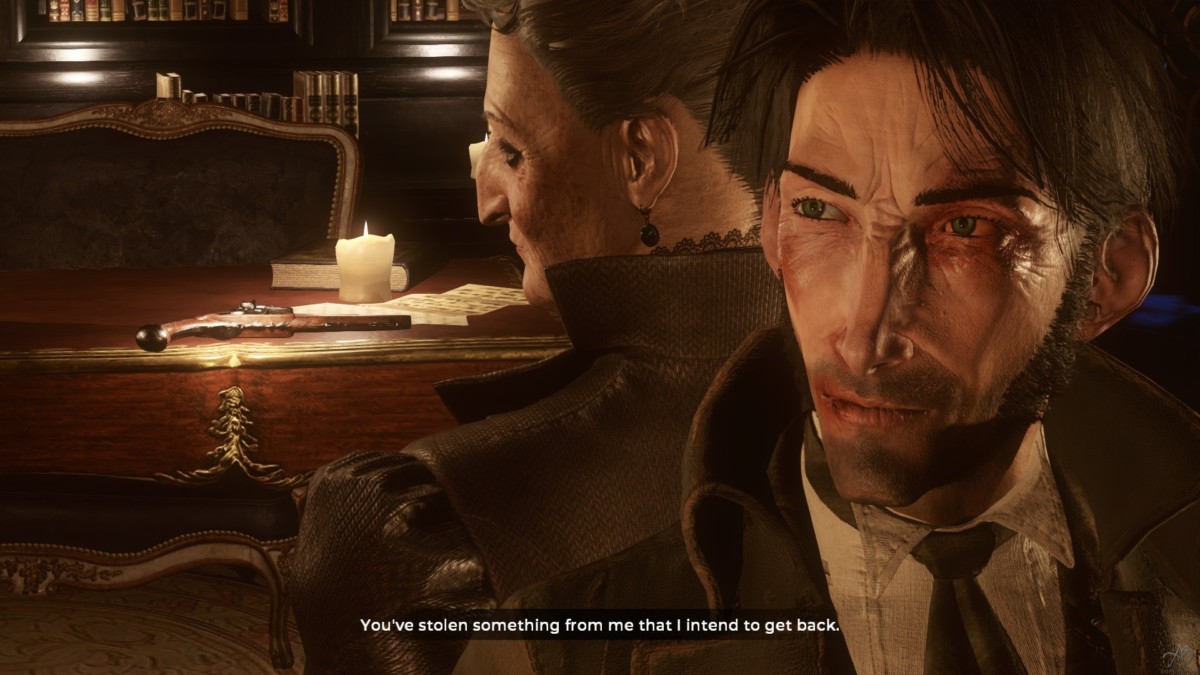
Let’s get this out of the way. The voice acting is a little off. In fact, I never really knew before this game how much voice acting played a part in something before seeing just how “off” it is here. That first initial scene with your mother who looks like a very old lady and yet in the game sounds like a 30-year-old really made me cringe. I’m also not really sold on Louis, the main characters voice either. It really just doesn’t seem believable. At times it feels like you are standing next to an actor who is simply, poorly reading their lines. I actually debated turning the sound off and playing with subtitles, but eventually, the voices just grew on me. Keep that in mind. You can probably get past it too. Don’t let this part stop you from enjoying the rest of the game. There was also an issue I found with a sluggish camera. You look around with your mouse on the PC, so turning was painfully slow until I upped the camera response settings to 100%. You might try that also.
Awesome Parts of The Council Game
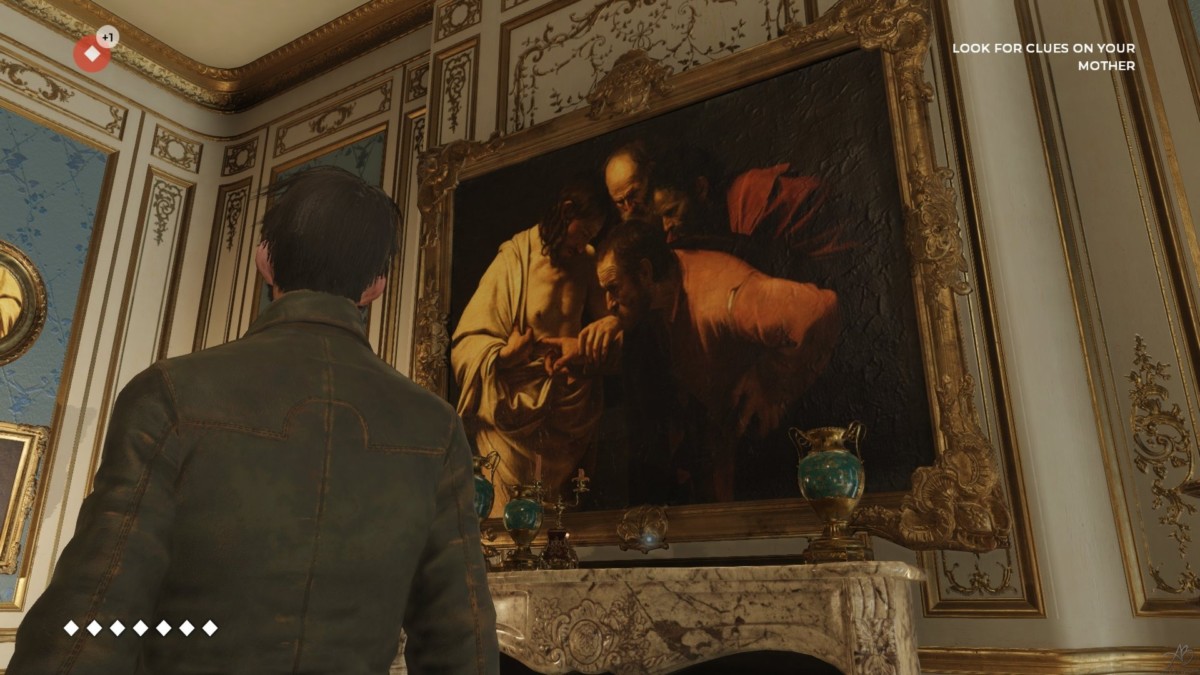
The graphics are stunning. I was very impressed with how everything looked. The characters had small blemishes on their faces like a normal person would, many of the characters appeared “ugly” or old. This is something we don’t often see in games today, where character are usually always beautiful, perfect and model-like. It made the characters have well, more character. The house we are found in is a ridiculously fancy mansion with insanely beautiful artwork all around. Louis can interact with the artwork, that by the way exists in real life, and you get a tiny little history lesson each time you check them out. For example in this picture here, is the real painting by Michelangelo Merisi da Caravaggio (1571-1610), Doubting Thomas. Not only does Louis tell you the name of the painting, he also gives you some of his usual humor-filled thoughts on the piece of art as well. Like the below shot where he states ” Why do I always get the most terrifying room?” I always love this kind of thing in older games and was happy to see this history mixed with gaming detail was included here.
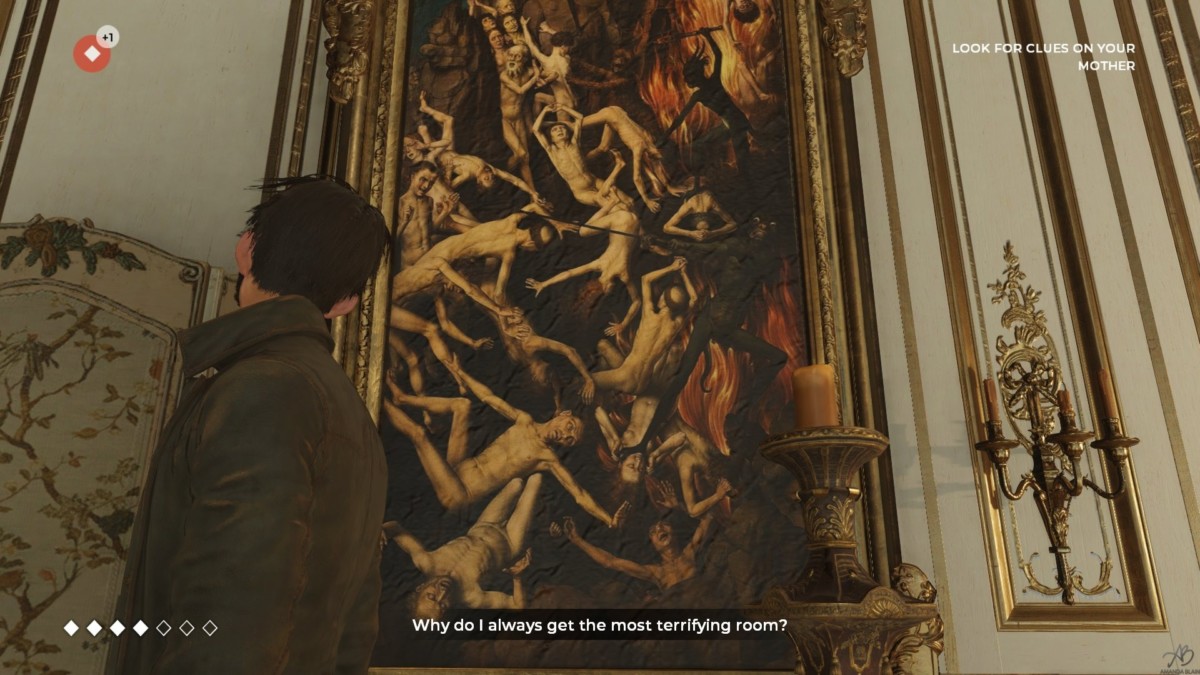
The story offers a small amount of non-linear wandering around this beautiful mansion to give you time to explore. You can not get places you should not be yet, but the feeling of choice is definitely there. That is the key here. I really like that your choices seem to matter. All too often in other “choice adventures”, it makes no difference what choice you pick, the end result has been coded for you. You will see the same story and same result, with maybe 1 or two overall differences. The Council had many choices and many where I didn’t have the skills required to deal with or use those actions yet. It is a welcome refresh to the genre that made me feel more involved with the character.
Each time you interacted with someone there were several choices, and they were often complicated RPG things that play out in games of Dungeons and Dragons but we rarely see in video games. For example, during a dinner conversation, there may be an option to talk about politics but because you don’t have that skill you can’t be involved that way. Another choice will be to talk about a piece of jewelry you noticed earlier from your observation skills, and that may bring you about to the same result.
The story is absorbing and the cast of “real” characters you know adds even more interesting depth. Who wouldn’t want to sit to dinner with George Washington and talk about the occult? At times the characters and dialog choices you had to pick from were frustrating or went in ways I didn’t quite want, but overall I enjoyed my roughly 4 hours of gameplay.
Summary of The Council Game review
This is a 5 series game with this chapter called “The Mad Ones”. The Council episode one even with its few flaws in execution was enough for me to be interested and see where the franchise goes. It is currently available on Steam, Xbox One, and PS4.


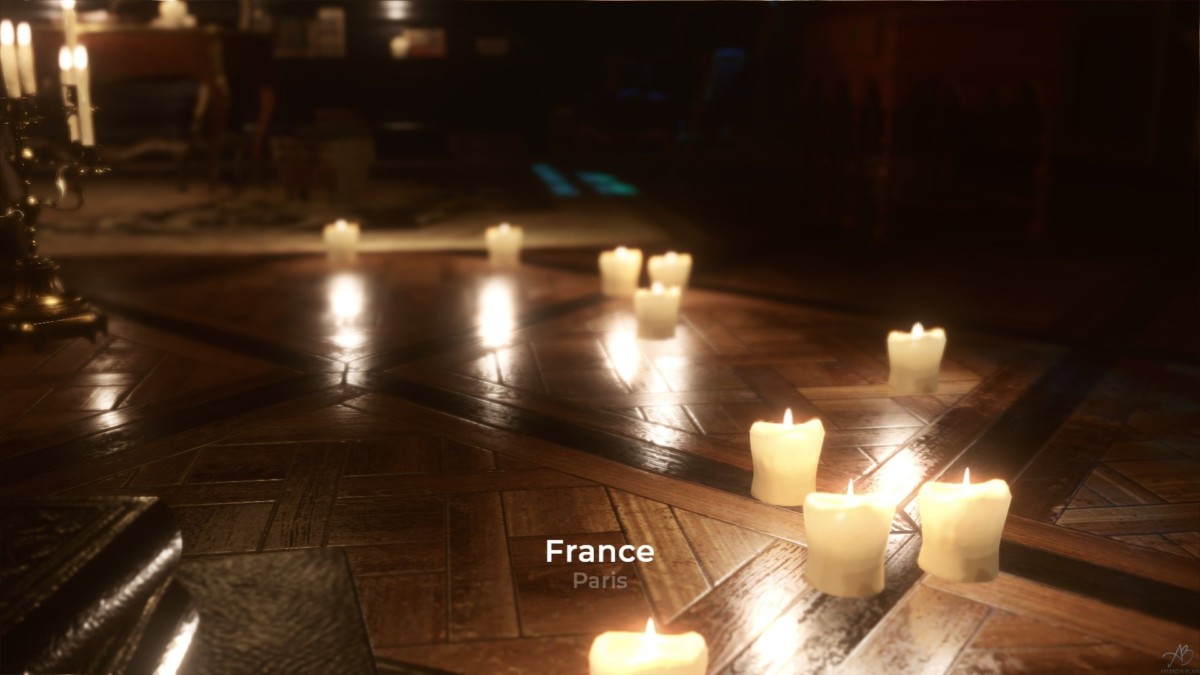
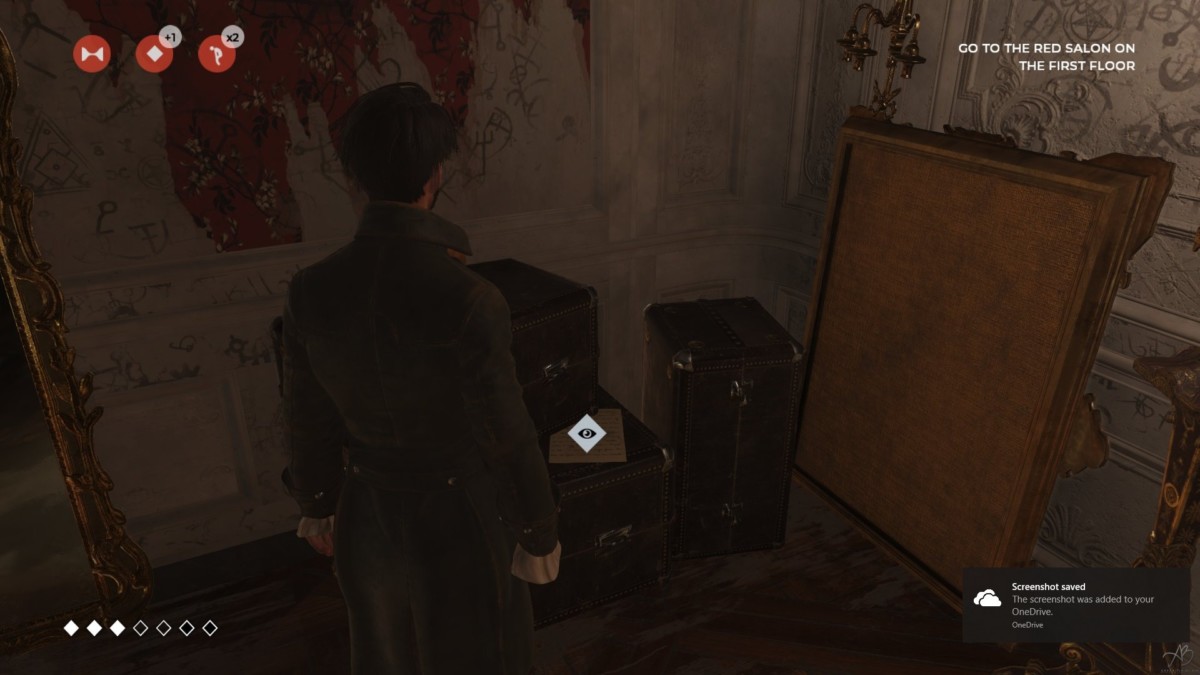
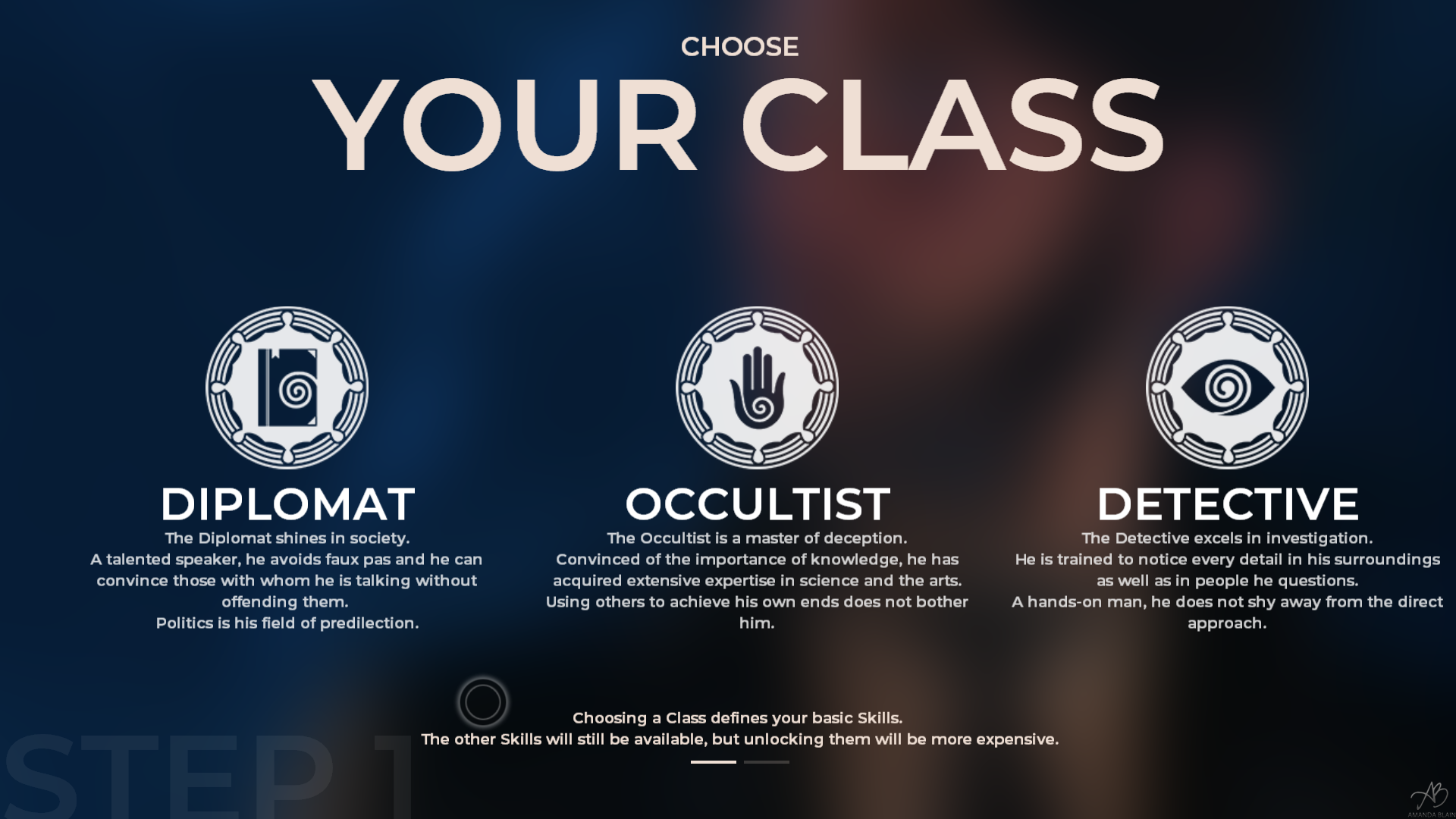
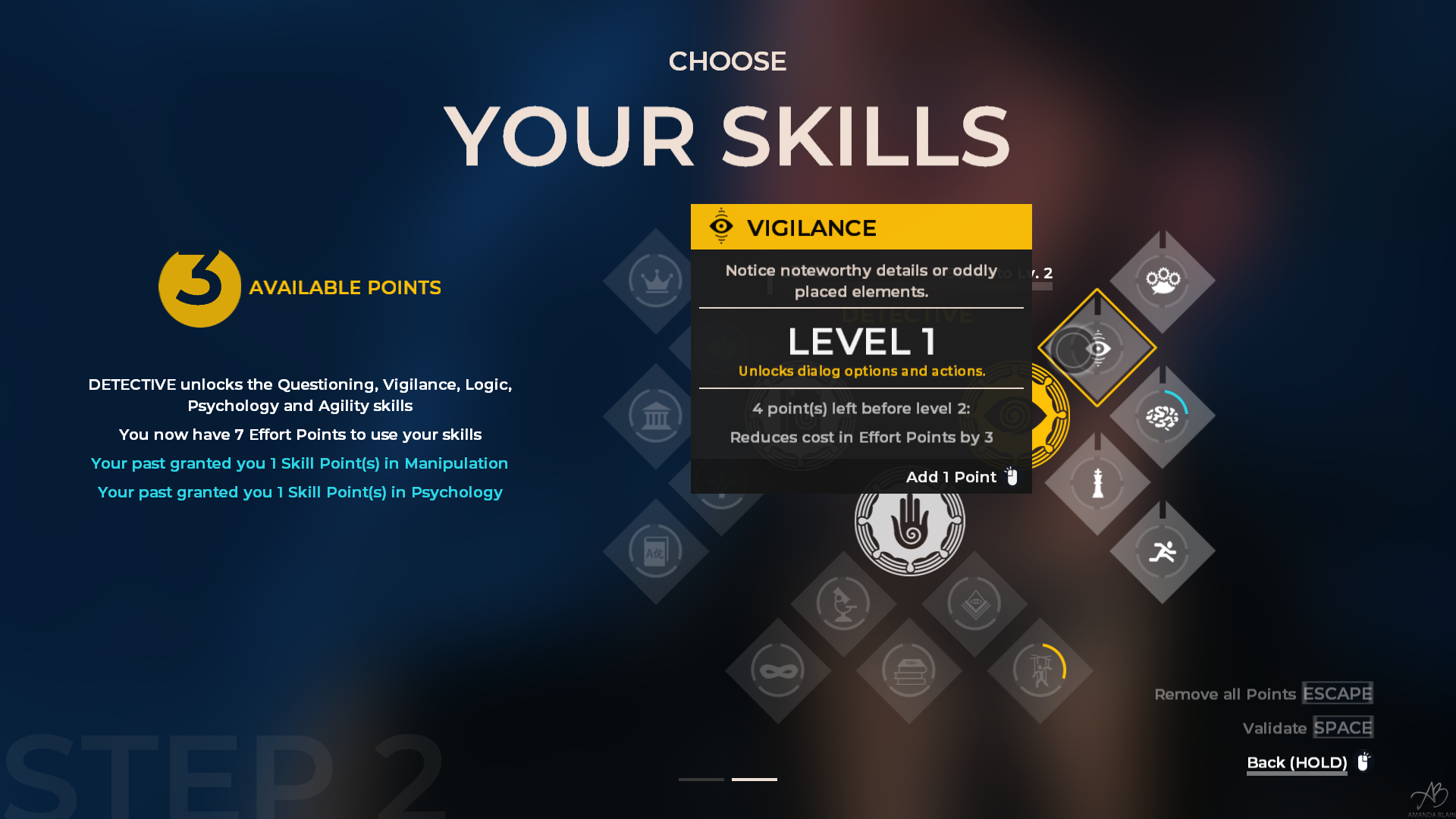
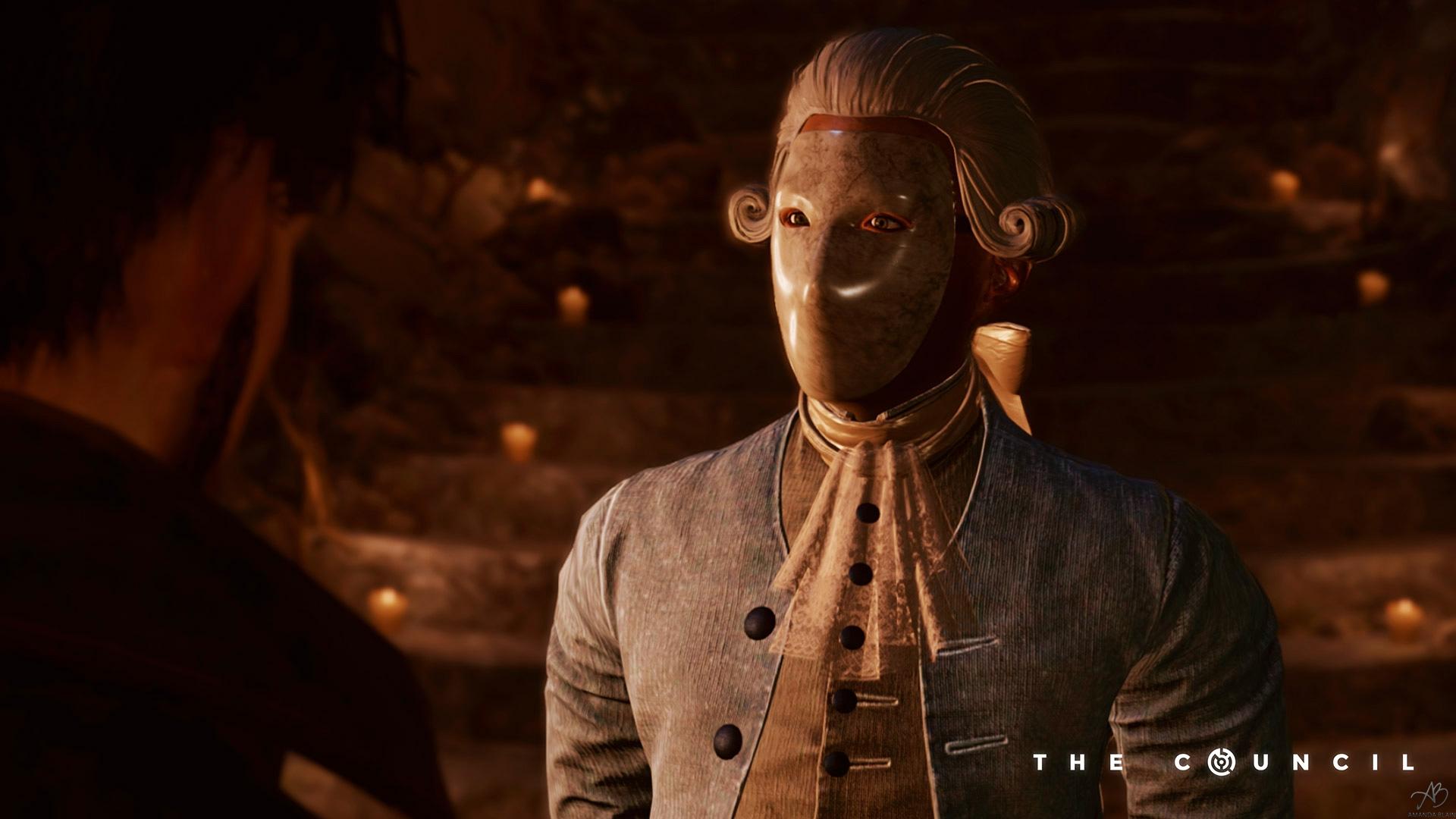
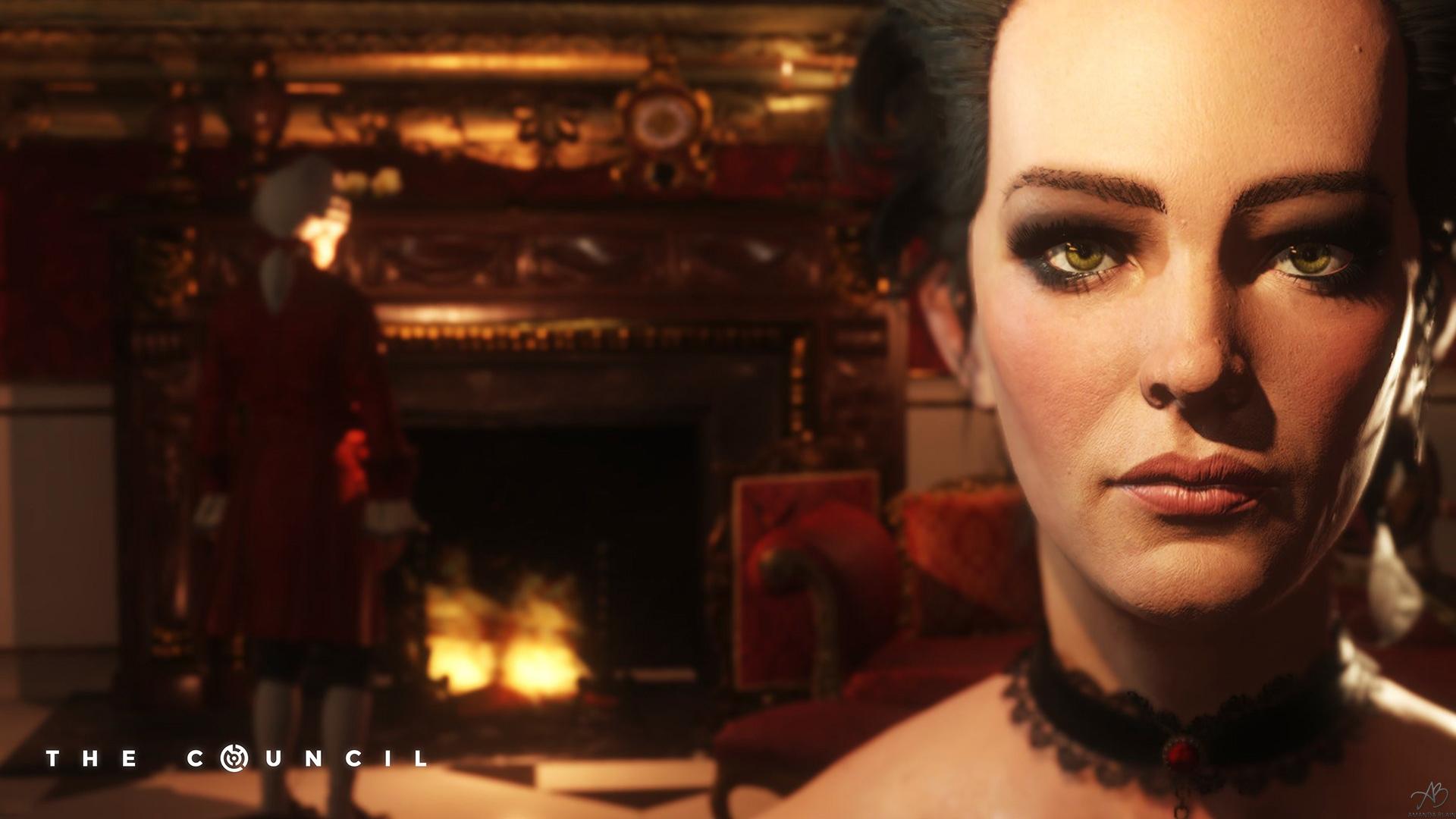
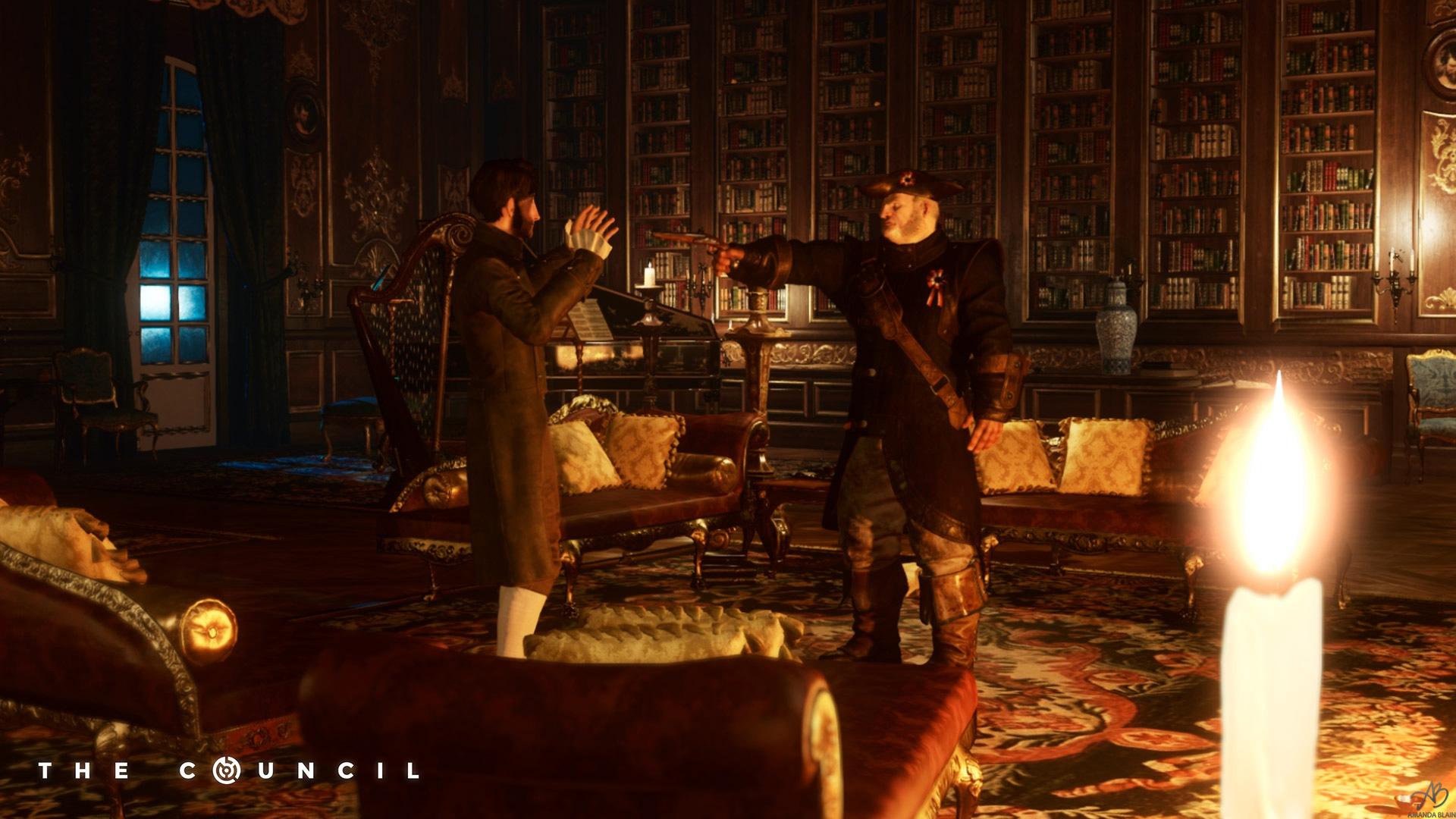
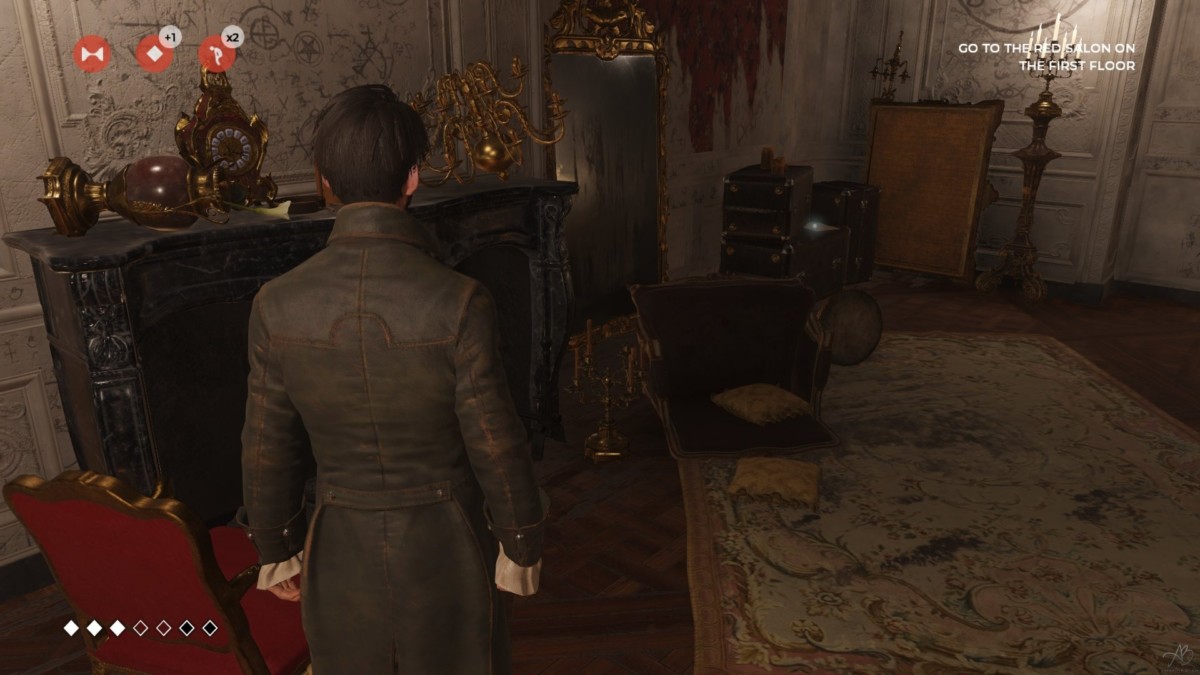
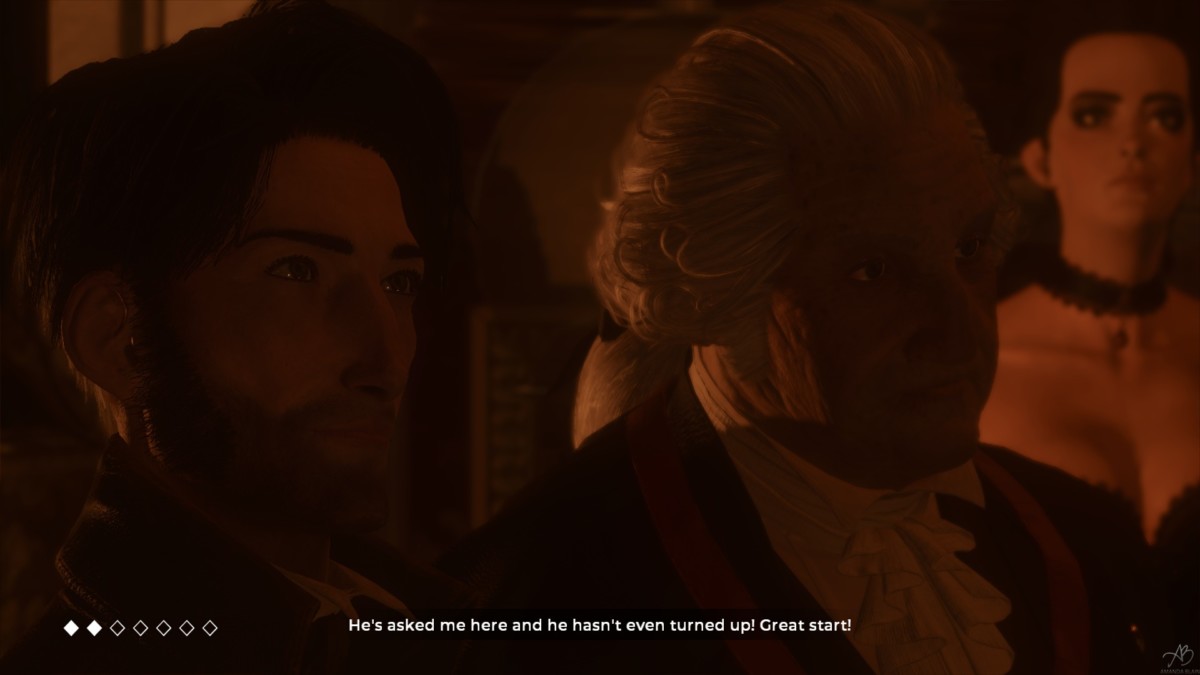
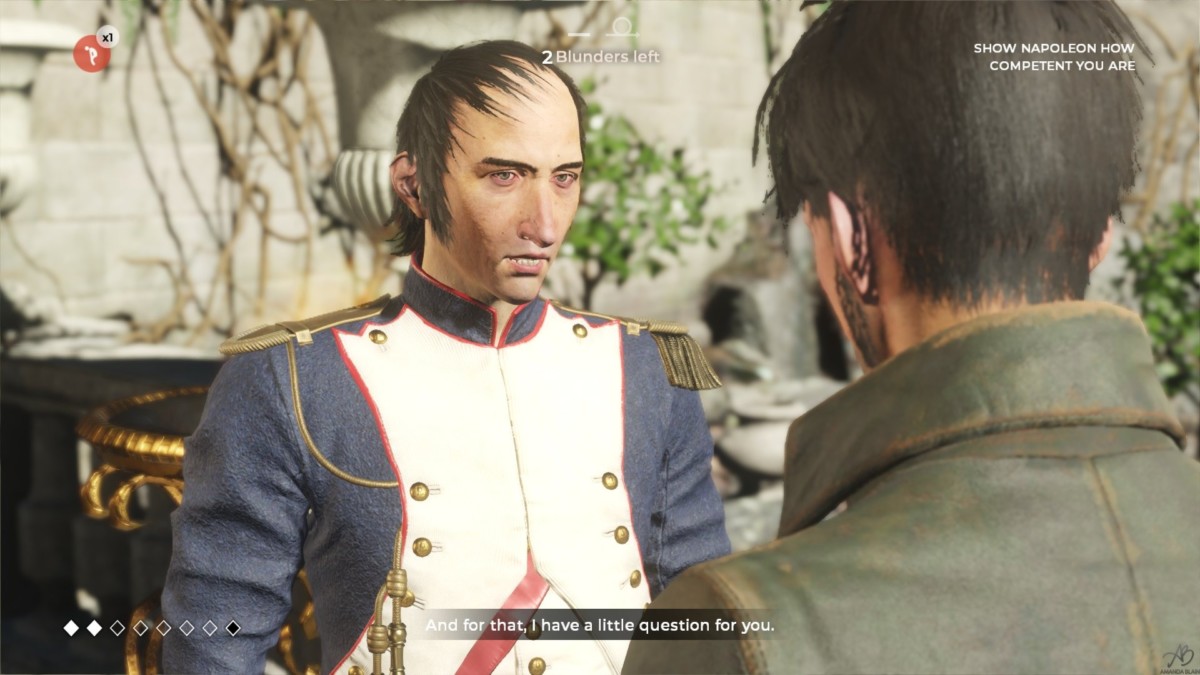
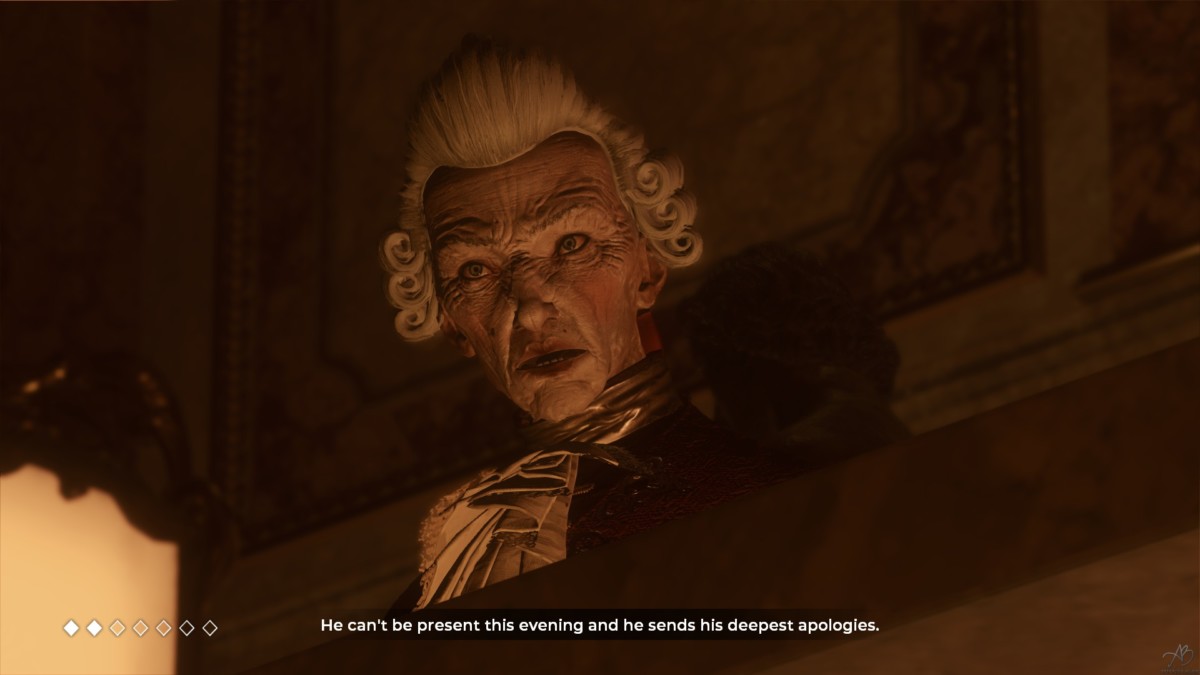

I”m a little confused, when you say “dd type mechanics, do you mean Dungeons and Dragons specifically?